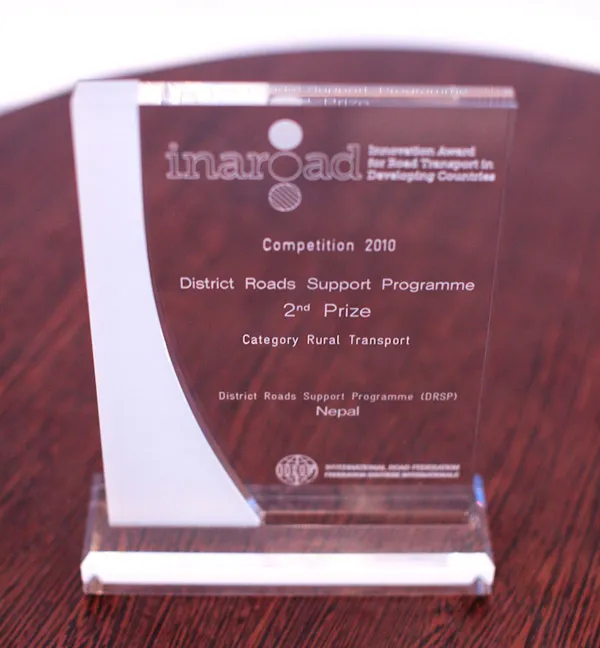The Austrian Traffic Club (VCÖ) which is the principal organisation in the country working for environmentally sustainable, socially just, and economically efficient mobility, has called for the introduction of truck tolls for rural highways.
February 27, 2012
Read time: 1 min
The Austrian Traffic Club (VCÖ) which is the principal organisation in the country working for environmentally sustainable, socially just, and economically efficient mobility, has called for the introduction of truck tolls for rural highways. The organisation says that trucks wear down roads 35,000 times more than cars and also claims that in 2010 truck transport caused road infrastructure-related costs of US$4.78 billion but it paid only $3.46 via tolls and taxes.
Between 2002 and 2010, the freight transport volume on Austrian roads increased from 404 to 479 million tonnes. VCÖ estimates that the volume will go up by another 40 per cent unless additional measures are taken.
Between 2002 and 2010, the freight transport volume on Austrian roads increased from 404 to 479 million tonnes. VCÖ estimates that the volume will go up by another 40 per cent unless additional measures are taken.







